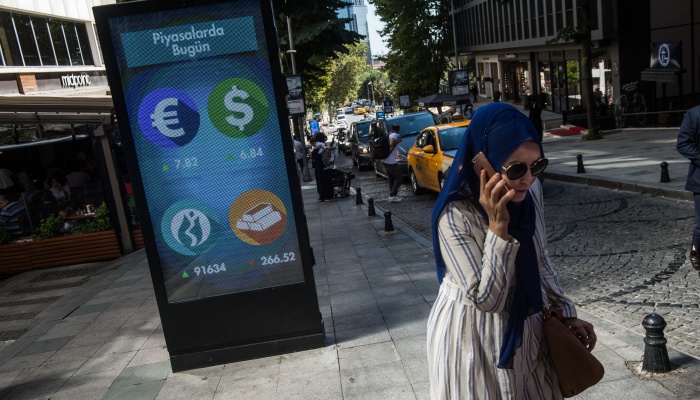Turkey’s sole remaining wooden shoe last manufacturer, Sabo Shoes, on Sept. 25 applied to an İstanbul commercial court of first instance for “konkordato.” On Monday the court approved the firm’s request and assigned three experts to review the situation before the first hearing of the case on Dec. 13.
Konkordato is regulated under the enforcement and bankruptcy section of the Turkish Commercial Code. Declaring that it cannot pay its debts, a firm can apply to a court for konkordato, and the court starts the process of restructuring debts under certain regulations. The firm needs to present a sound payment plan to the court.
Some economists liken konkordato to putting the firm in an oxygen tent.
In March, during a now-ended state of emergency, a government decree revoking the suspension of bankruptcy was issued, after which firms started to apply for konkordato instead.
Sabo Shoes, a firm that exports wooden shoe lasts to European countries, including France and Germany, is the fourth big shoe manufacturer that recently applied for konkordato,
According to an economy columnist from the Sözcü daily, 3,000 Turkish firms’ application for konkordato were approved by the courts, and at the end of this year, the number will have climbed to 7,000. The list includes construction companies, logistic firms, food retailers and textile manufacturers.
The Turkish lira has lost almost 50 percent of its value against the US dollar since the beginning of this year, amounting to a currency crisis that has led to high inflation. As Turkish manufacturing has been slowing down, many firms are struggling to pay their debts.
Nedim Türkmen, the columnist from Sözcü, said the majority of these firms are indebted to banks at high interest rates and mostly in foreign currencies.
Concordato is also a part of Italian commercial law. Astaldi, the Italian partner of İstanbul’s new airport, applied for concordato in Rome in September due to financial problems it had faced in Turkey.



